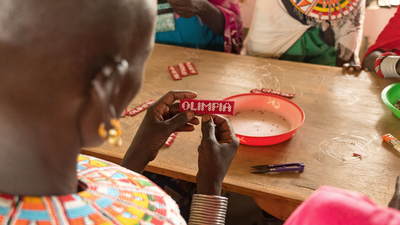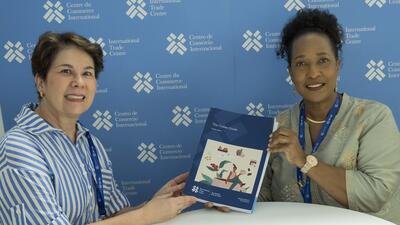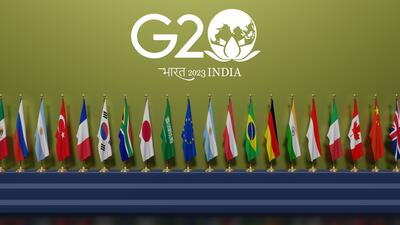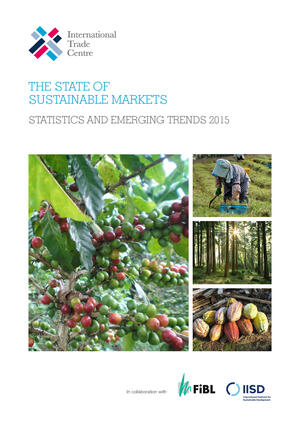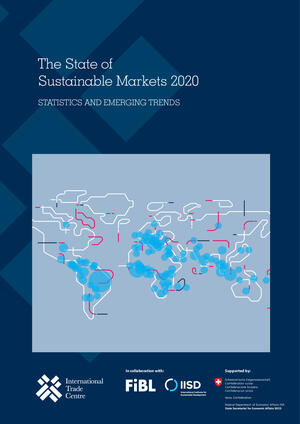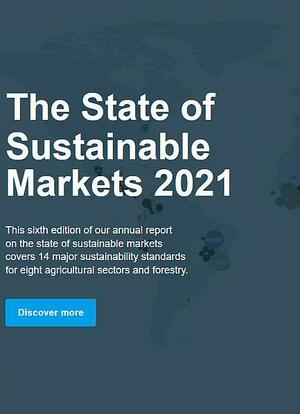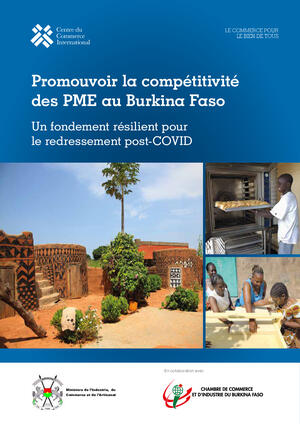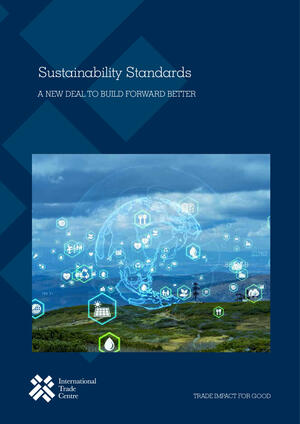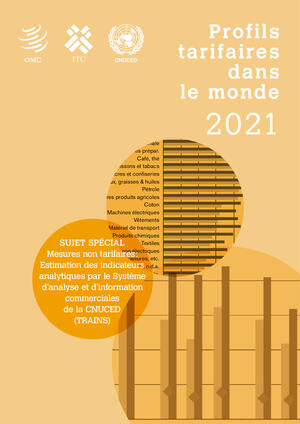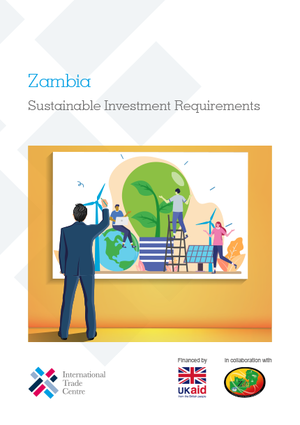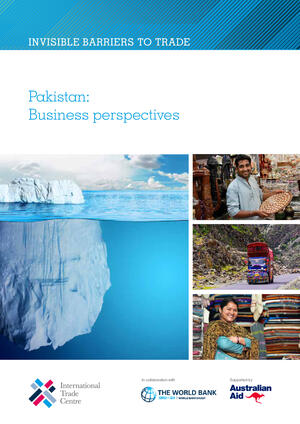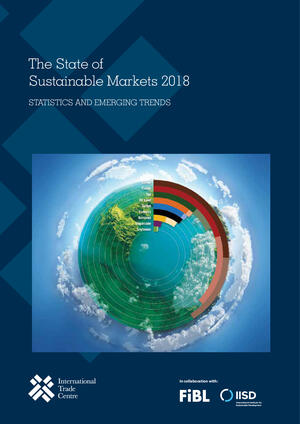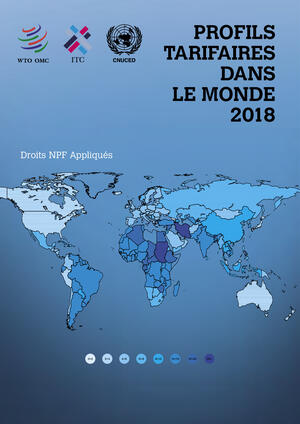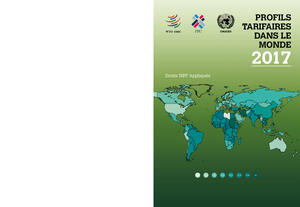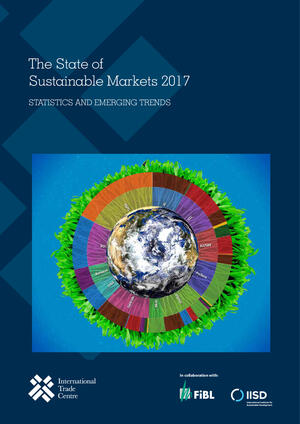
New report: Towards a new ‘Sustainability Deal’ for businesses and policymakers
What started as a grassroots movement to improve sustainability along value chains has become a set of tools to underpin a new ‘Sustainability Deal’.
Sustainability Standards: A new deal to build forward better argues that sustainability has moved from niche to mainstream, to tackle the many climate, social and economic resilience issues facing our planet today.
‘We need to make value chains more resilient and inclusive,’ said International Trade Centre (ITC) Executive Director Pamela Coke-Hamilton. ‘From the trade perspective, sustainability standards are a tool that has stood the test of time, apply to multiple sectors and countries, and contain relevant criteria and implementation frameworks.’
The new ITC book explores the origins and evolution of standards and explains their key role in the future global economy. It also features 14 interviews with business users of sustainability standards as well as a wide range of public officials who work with them.
Sustainability standards can help businesses bounce back from external shocks, access international markets and become more competitive. This is especially important in light of COVID-19, which has altered almost every aspect of normal life across the globe. The pandemic has shown that the machinery behind trade – such as supply chains or sustainability standards – matters.
From small beginnings
Standards originally were championed by a few independent standard setters, starting with Fair Trade in the 1980s. Within 20 years, they became widely used by multinational lead firms in international value chains. Today, sustainable finance investors and governments use them as a springboard to accelerate responses to climate change, human rights, governance and other social and environmental issues.
Yet small and medium-sized firms have generally been left out, finding themselves as producers and manufacturers faced with spiraling costs to manage audit requirements, undertake training and work with partners to measure and report compliance.
‘Micro, small and medium-sized enterprises producing along the value chain – which make up the majority of industry and trade – have not received enough attention or incentives yet to become fully sustainable,’ the book says. ‘Their voice is critical to making policies practical.’
ITC’s Standards Map helps companies, investors and governments navigate the many options available, with a global database covering over 300 sustainability initiatives for some 80 sectors and 190 countries.
It also provides statistics that underpinned the market trends identified in the publication, showing, for instance, that 20% of all new sustainability standards in the last two decades target agriculture. Standards relevant to manufacturing and consumer goods doubled in that period, while services standards – albeit starting from a lower base – have climbed by 128%.






